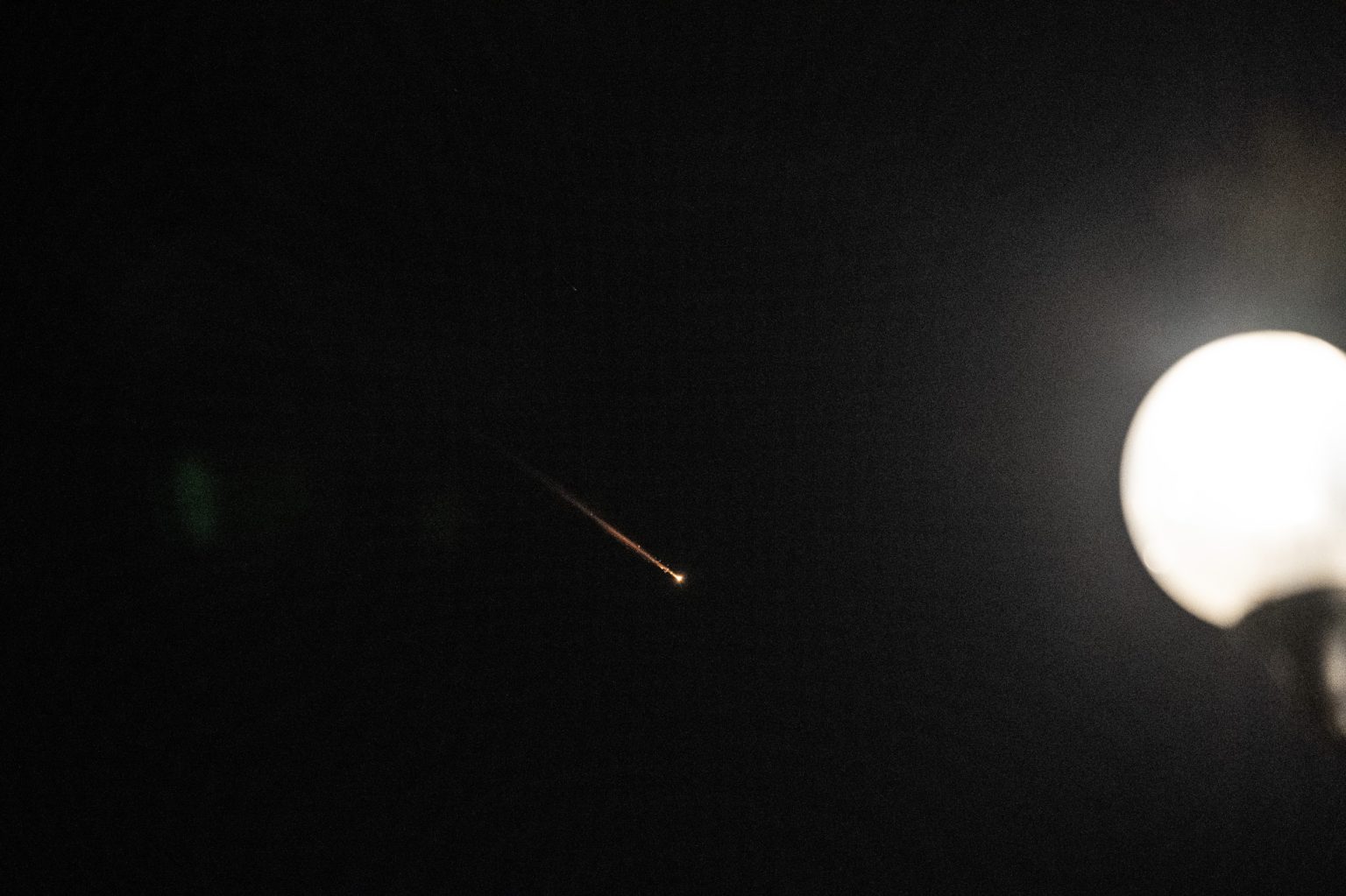The article discusses the recent unprecedented missile and drone attack by Iran against Israel in response to a deadly strike on its embassy complex in Syria. Iranian Ambassador to the United Nations Amir Saied Iravani issued a letter to U.N. leadership outlining the legal basis for the attack, citing self-defense under Article 51 of the U.N. Charter. The letter also criticized Israel for previous military aggressions in defiance of international law, and warned of further retaliation if Israel were to escalate the situation.
The conflict between Iran and Israel has been exacerbated by the war between the Israel Defense Forces and the Palestinian Hamas movement, leading to heightened tensions in the region. Iravani lamented the U.N. Security Council’s failure to address the situation and accused Israel of escalating the conflict. He reiterated Iran’s commitment to international law and self-defense, but warned of a stronger response if Israel were to commit further aggression.
Israeli Ambassador to the U.N. Gilad Erdan responded to the Iranian strike, calling it a violation of the U.N. Charter and international law. He urged the U.N. Security Council to condemn Iran and designate the Islamic Revolutionary Guard Corps as a terrorist organization. Israeli officials have not released comprehensive estimates of damage from the attack, but reported intercepting a majority of Iranian missiles and drones.
In response to the Iranian attack, President Joe Biden condemned the actions of Iran and its proxies and pledged U.S. support for Israel’s defense. He credited U.S. military deployments with assisting in intercepting incoming drones and missiles, and reaffirmed Washington’s commitment to Israel’s security. Biden announced plans to coordinate with G7 leaders for a diplomatic response to Iran’s attack and vowed to protect U.S. forces and facilities from any threats.
Both Iran and the U.S. engaged in diplomatic efforts prior to the attack, with Biden warning Tehran against retaliation. Despite the tensions, there has been no direct military response from the U.S. or Israel following the Iranian attack. Regional countries, including Egypt and Saudi Arabia, expressed concern over escalating tensions, while China and Russia called for restraint to avoid further conflict in the Middle East.
U.N. Secretary-General António Guterres expressed alarm over the potential for a devastating regional escalation and urged all parties to exercise restraint to prevent major military confrontations. The article highlights the complexities and challenges in the ongoing conflict between Iran and Israel, as well as the diplomatic efforts to prevent further escalation and maintain peace in the region.








